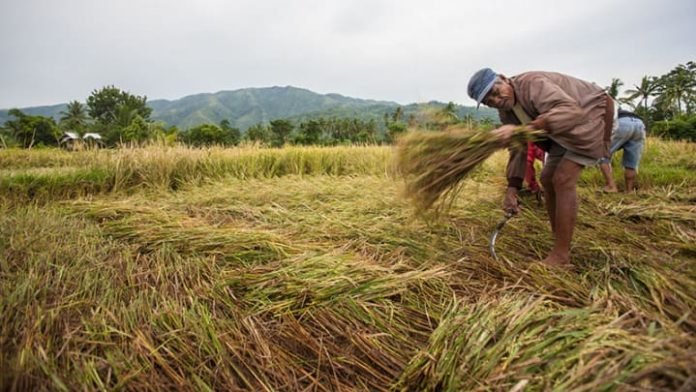By Amin Kef Sesay
The long-term reduction of hunger and poverty remains one of the great challenges for the International development community and Governments of poor developing countries like Sierra Leone whose food import bill relative to its revenue remains too high year after year.
This must be seen in the light that poverty is predominately rural and that majority of the poor people live in rural areas and are dependent on food production through farming or livestock keeping for most of their livelihood.
Given Agriculture’s central role in the economy, can agriculture play a major role in poverty alleviation? How can the Government’s role in poverty reduction be enhanced?
What could be done to boost agricultural production, economic growth and the incomes of the rural poor to help achieve the Sustainable Development Goals especially that of cutting poverty in half?
World market prices for major food commodities such as grains, vegetable oils and dairy products are at an historic high, more than 60% above the levels two years ago.
One cannot ignore the dramatic impact these rising trends in food prices has on the poorest of the poor. Under these circumstances, it is increasingly asked what role agriculture plays in alleviating poverty.
As such, The Calabash took time off at the end of 2020 to take a refreshing trip to the provinces and to see with fresh eyes what the people’s greatest development need is. What was clearly seen was that the majority of rural people remain poor and can barely afford one square meal a day. The Calabash did not need any specialist knowledge to discern that poverty and hunger in the rural areas are closely related with lack of employment opportunities and low agricultural due to lack of capital resources including skills.
In the area of development economics, the view that a productive agriculture is critical for employment creation and poverty reduction remains valid. The recent food price spike has brought a realization that more needs to be done to strengthen agriculture.
With world food prices high, and the trade and policy environment much more favorable to agriculture, the argument for Government and the private sector to commit more resources to agriculture becomes very compelling if poverty reduction is to be actualized.
The literature on poverty reduction continues to confirm the continuing importance of agricultural development for poverty reduction. Here are five take-away.
Growth in agriculture is more effective at reducing poverty than an equivalent amount of growth generated in other sectors.
The effects on poverty reduction of agriculture are largest for the poorest in society; as over 70 percent of rural dwellers are peasant low earning farmers. Trade and transport services which are related to agriculture have poverty to growth elasticities closer to those of agriculture, and those for manufacturing, especially agro-processing, can at times even exceed them.
Contrarily, the poverty-reducing effects of mining, finance, and business and Government services are much more limited. Productivity growth in trade and transport services can have both direct linkages to the poor, but also indirect ones.




